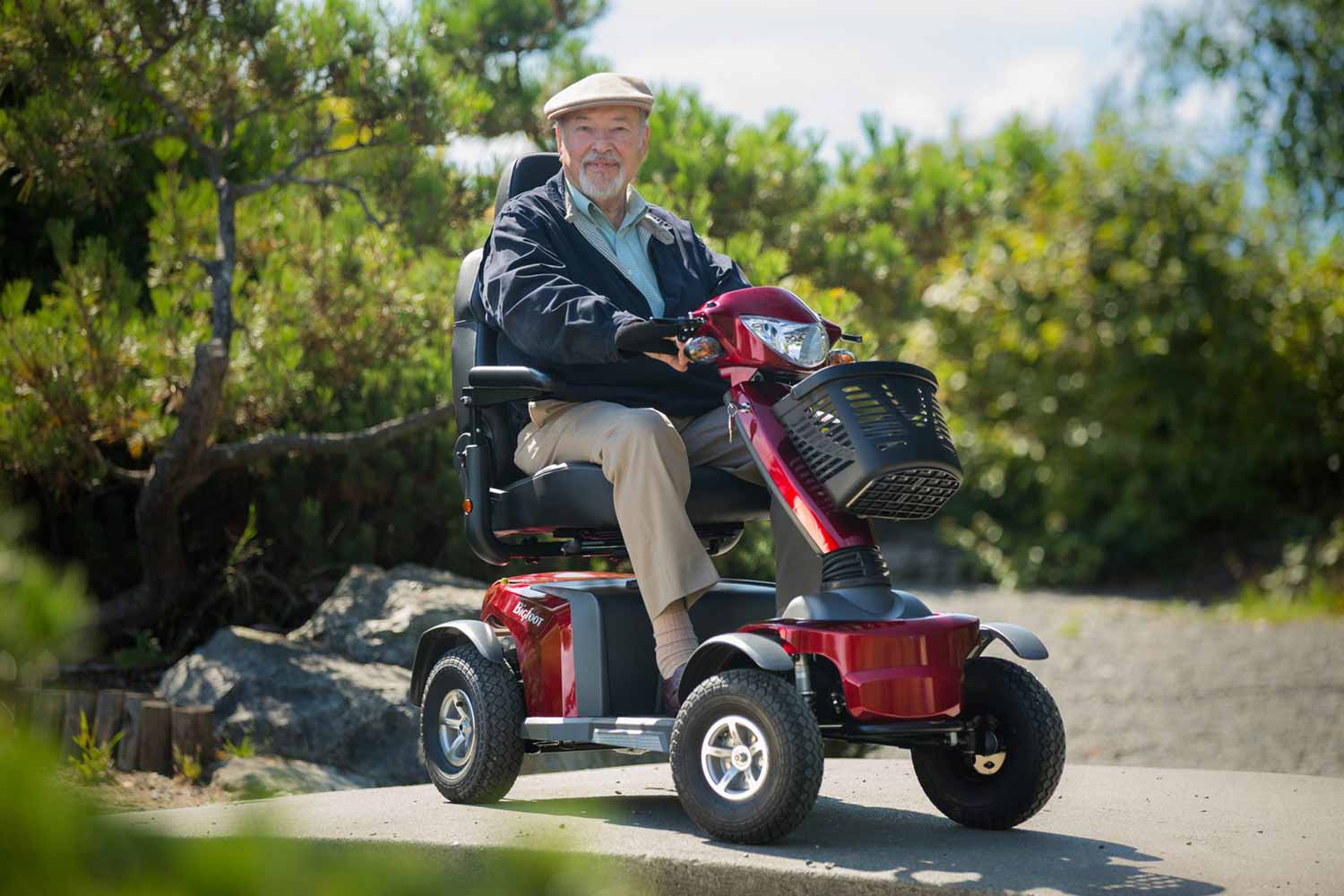Calgary is a city built on the promise of openness. Open skies. Open spaces. Open…

Exploring the Benefits of Orthopedic Supports
Orthopedic supports play a crucial role in managing musculoskeletal conditions, promoting recovery from injuries, and enhancing comfort and mobility for individuals with orthopedic challenges. From braces and splints to orthopedic shoes and cushions, these supports offer a range of benefits that contribute to improved quality of life. In this guide, we’ll delve into the various benefits of orthopedic supports and how they can make a positive impact on overall well-being.
1. Pain Relief and Management
One of the primary benefits of orthopedic supports is pain relief and management. Supports such as knee braces, wrist splints, and back belts provide targeted compression, stabilization, and alignment, which can alleviate pain associated with arthritis, injuries, or chronic conditions. By reducing stress on affected joints and muscles, orthopedic supports help individuals manage pain and discomfort more effectively.
2. Injury Prevention and Rehabilitation
Orthopedic supports are instrumental in preventing injuries during physical activities and sports. Supports like ankle braces, knee sleeves, and elbow straps provide added stability and protection, reducing the risk of sprains, strains, and overuse injuries. Additionally, orthopedic supports are commonly used in rehabilitation programs to aid in recovery from injuries or surgical procedures, promoting proper healing and restoring function.
3. Posture Correction and Spinal Alignment
Poor posture and spinal misalignment can contribute to musculoskeletal pain and discomfort. Orthopedic supports such as posture correctors, lumbar cushions, and cervical collars help correct posture, support spinal alignment, and relieve pressure on the spine. By promoting better posture habits, these supports can prevent long-term complications and improve overall spinal health.
4. Enhanced Mobility and Functionality
Orthopedic supports are designed to enhance mobility and functionality for individuals with mobility limitations or disabilities. Mobility aids such as canes, walkers, and wheelchairs provide stability, support weight-bearing, and improve balance, allowing individuals to move with greater confidence and independence. Orthopedic shoes and insoles also play a role in improving foot function and mobility for individuals with foot-related conditions.
5. Customized Comfort and Fit
Many orthopedic supports offer customized comfort and fit, allowing for individualized adjustments based on specific needs and preferences. Supports with adjustable straps, padding, and sizing options ensure a snug and comfortable fit, minimizing discomfort and maximizing effectiveness. Custom orthopedic supports, such as orthotic inserts and prosthetics, are tailored to each individual’s unique anatomy and requirements, providing optimal support and functionality.
6. Long-Term Health Benefits
The use of orthopedic supports can lead to long-term health benefits by promoting proper body mechanics, preventing degenerative changes, and reducing the risk of secondary complications. By addressing underlying musculoskeletal issues and supporting optimal biomechanics, orthopedic supports contribute to overall health and well-being, allowing individuals to maintain an active and fulfilling lifestyle.
Conclusion
Orthopedic supports offer a range of benefits that contribute to improved comfort, mobility, functionality, and overall quality of life for individuals with orthopedic conditions. From pain relief and injury prevention to posture correction and enhanced mobility, these supports play a crucial role in promoting musculoskeletal health and well-being. By incorporating orthopedic supports into daily routines and rehabilitation programs, individuals can experience significant improvements in their physical health, comfort, and independence.



